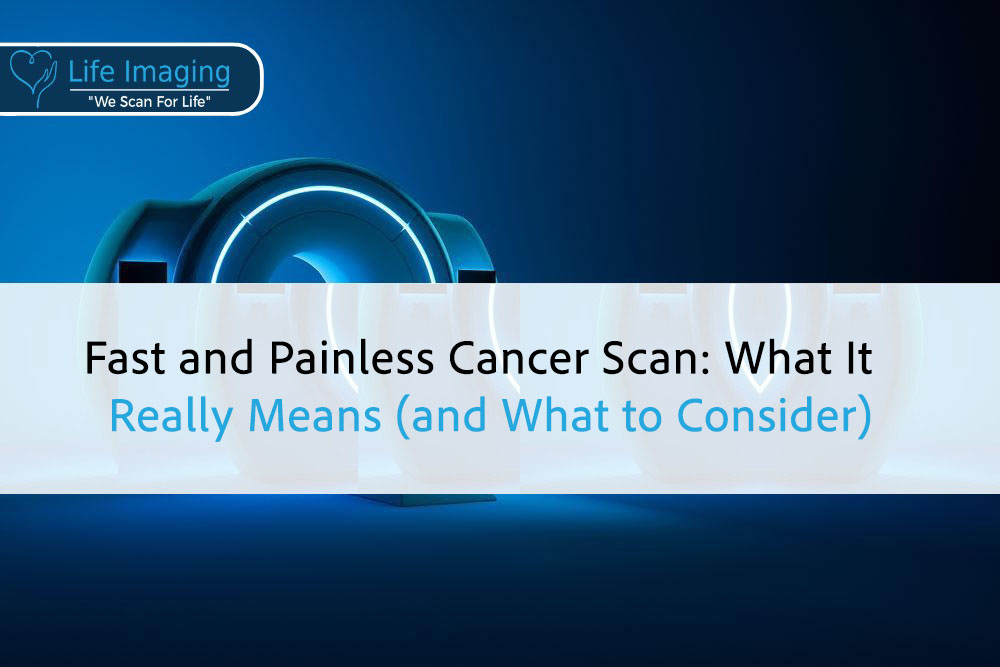
Fast and Painless Cancer Scan: What It Really Means (and What to Consider)
Fast and Painless Cancer Scan: What It Really Means (and
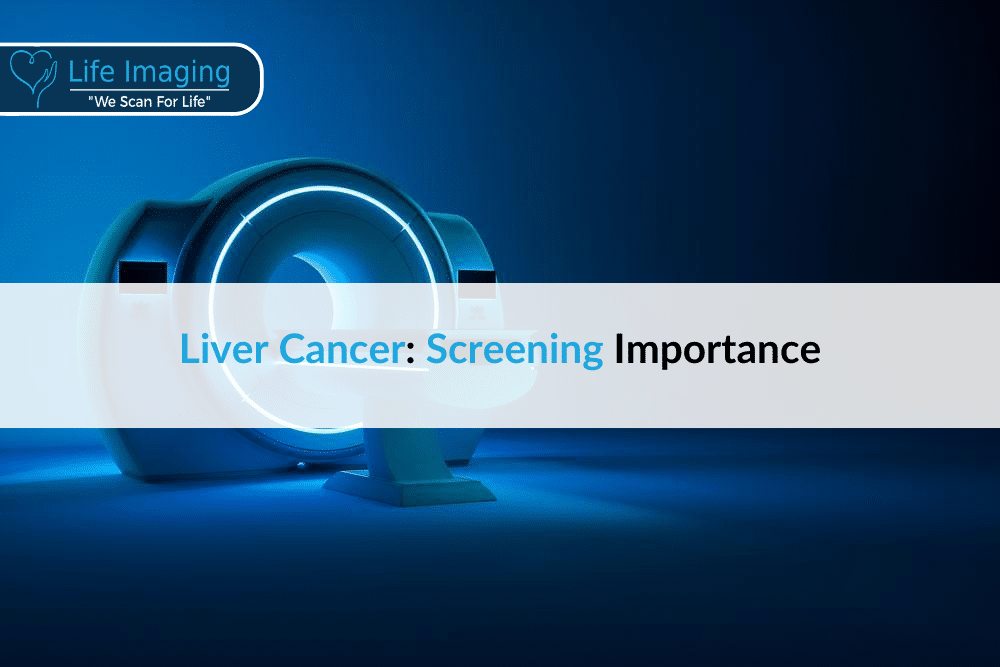
Liver cancer is a serious health issue affecting many people worldwide, and Miami is no exception. Early detection is crucial in managing and treating liver cancer effectively. The sooner liver cancer is identified, the better the chances for successful treatment and improved survival rates. With advanced imaging technologies, Life Imaging Fla offers comprehensive screening services for early detection of liver cancer and other critical diseases. Their state-of-the-art facilities and experienced professionals provide the necessary tools and expertise to help you take control of your health.
The rising incidence of liver cancer underscores the importance of regular screenings, particularly for those at higher risk due to factors such as chronic hepatitis, cirrhosis, or a family history of liver disease. Regular screenings can identify abnormalities even before symptoms appear, offering a critical advantage in the fight against liver cancer. Understanding the risks and benefits of liver cancer screening can empower you to make informed decisions about your health.
In this article, we will explore the significance of liver cancer screening, discuss common risk factors, and highlight the advanced services provided by Life Imaging Fla. We’ll delve into how early detection can save lives, the various screening methods available, and what you can expect during a screening process. Whether you have a personal history of liver conditions or are seeking preventative measures, this comprehensive guide will equip you with the knowledge to prioritize liver health in Miami.
Liver cancer starts in the cells of the liver, an essential organ that processes nutrients and filters toxins from the blood. There are several types of liver cancer, but the most common is hepatocellular carcinoma (HCC), which begins in the main type of liver cell called hepatocytes. These cancers have the potential to be very aggressive, often spreading to other parts of the body if not caught early.
Liver cancer can also be classified into primary and secondary types. Primary liver cancer starts in the liver itself, while secondary liver cancer, or metastatic liver cancer, begins in another organ and spreads to the liver.
Some people are at higher risk of developing liver cancer due to various factors. Understanding these risk factors can help you and your healthcare provider make informed decisions about screening.
Hepatitis B and Hepatitis C are viral infections that cause liver inflammation. Chronic infection with these viruses is a significant risk factor for developing liver cancer. These infections can go unnoticed for years, slowly damaging the liver and eventually leading to cancer.
Cirrhosis is a condition where healthy liver tissue is replaced by scar tissue, often due to long-term alcohol abuse, chronic viral hepatitis, or fatty liver disease. This scarring can impair liver function and increase the risk of liver cancer.
Certain lifestyle choices, such as excessive alcohol consumption, smoking, and a poor diet, can contribute to liver damage and increase the risk of liver cancer. Maintaining a healthy lifestyle can help reduce these risks.
A family history of liver cancer may indicate a genetic predisposition to the disease. If liver cancer runs in your family, discussing this with your healthcare provider can help determine if you should begin regular screening earlier.
Liver cancer screening is crucial for early detection, which significantly improves the chances of successful treatment. Screening tests can identify abnormalities in the liver before symptoms appear, allowing for early intervention.
When liver cancer is caught early, treatment options are more effective and less invasive. Early-stage liver cancer can often be treated with surgery or localized therapies, which have higher success rates and fewer side effects compared to late-stage treatments.
Screening can also help identify precancerous conditions, such as cirrhosis or chronic hepatitis, allowing for early treatment to prevent the development of liver cancer. Regular monitoring and lifestyle changes can manage these conditions effectively, reducing the overall risk.
Several screening methods are available for detecting liver cancer. Each method has its own benefits and limitations, making it essential to discuss options with your healthcare provider.
An ultrasound uses sound waves to create images of the liver. This non-invasive test can help detect tumors or other abnormalities. It is often used as an initial screening tool due to its accessibility and ease of use.
A computed tomography (CT) scan provides detailed cross-sectional images of the liver using X-ray technology. CT scans can reveal tumors or other changes in the liver’s structure that may indicate cancer.
Magnetic resonance imaging (MRI) uses magnets and radio waves to create detailed images of the liver. MRI is particularly useful for distinguishing between benign and malignant liver tumors, providing comprehensive information about their size and location.
Blood tests can identify specific markers associated with liver cancer, such as alpha-fetoprotein (AFP). Elevated levels of AFP in adults can be a sign of liver cancer, making blood tests a valuable part of the screening process.
Understanding what happens during liver cancer screening can help ease any anxieties and prepare you for the process.
The screening process typically begins with an initial consultation with your healthcare provider. They will review your medical history, ask about any symptoms, and discuss your risk factors for liver cancer. This information helps tailor the screening approach to your individual needs.
If an imaging test is recommended, it will be scheduled at a convenient time for you. During the test, the technician will guide you through the process, ensuring you remain comfortable. Imaging tests like ultrasound, CT, or MRI may require you to lie still while the images are taken.
If a blood test is part of your screening, a healthcare professional will draw a small blood sample from your arm. This sample is then sent to a lab for analysis, with results available within a few days to a week.
Advanced imaging centers, like Life Imaging Fla, use the latest technology to provide accurate and comprehensive screening services. These facilities offer numerous benefits over traditional screening methods.
Advanced imaging centers are equipped with the latest diagnostic tools, ensuring high-quality images and accurate results. This technology allows for early detection of even small tumors, improving the chances of successful treatment.
These centers employ skilled technicians and radiologists with extensive experience in interpreting imaging results. Their expertise ensures that abnormalities are identified and addressed promptly.
Advanced imaging centers prioritize patient comfort, providing a relaxing and stress-free environment. This focus on comfort helps ease any anxiety you might have about the screening process.
Once your liver cancer screening is complete, understanding the results is crucial for making informed decisions about your health.
If your screening results are normal, this means no signs of liver cancer were found. Your healthcare provider will discuss a plan for regular follow-up screenings, especially if you have ongoing risk factors.
If your results indicate abnormalities, further testing may be required to determine the cause. This could involve additional imaging tests, blood tests, or a biopsy. Your healthcare provider will guide you through the next steps, ensuring you receive the appropriate care and treatment.
Following up after your liver cancer screening is essential for maintaining your liver health. Regular check-ups and additional tests may be necessary to monitor any ongoing risk factors and ensure early detection of any changes.
If you have chronic liver disease or other risk factors, regular monitoring is crucial. Your healthcare provider will recommend a schedule for follow-up screenings to keep a close watch on your liver health.
Making healthy lifestyle changes can significantly reduce your risk of liver cancer. This includes maintaining a balanced diet, exercising regularly, avoiding excessive alcohol consumption, and quitting smoking. Your healthcare provider can offer guidance and resources to help you make these changes.
Regular communication with your healthcare provider ensures that you receive the support and information needed to manage your liver health. If you have any questions or concerns, don’t hesitate to reach out to them for assistance.
Proper preparation for a liver cancer screening can make the process smoother and ensure accurate results. Here’s what you need to know about getting ready for your screening.
Before your appointment, gather all relevant medical records, including any past liver-related tests, surgeries, or treatments. Having this information on hand helps your healthcare provider get a clear picture of your liver health and risk factors.
Depending on the type of imaging test you’re undergoing, you may need to fast for a few hours before the procedure. Your healthcare provider will give you specific instructions regarding food and drink. Typically, fasting is required for tests like CT scans to ensure clarity in the images.
Plan to arrive at the imaging center a bit early to fill out any necessary paperwork and settle in before your test. This helps reduce stress and ensures you’re relaxed when the screening begins.
Wear loose, comfortable clothing to your appointment. You may be asked to change into a gown for certain types of imaging tests. Avoid wearing jewelry or metal accessories, as these can interfere with the imaging equipment.
Advancements in medical technology have significantly improved liver cancer screening methods. These innovations help detect cancer earlier and more accurately.
Modern digital imaging techniques provide high-resolution images of the liver, allowing for precise detection of tumors. Digital imaging is faster and more efficient, providing results in a shorter time frame.
Some imaging centers use artificial intelligence (AI) to analyze imaging results. AI can identify patterns and abnormalities that may be missed by the human eye, improving the accuracy and reliability of screenings.
Modern screening methods are increasingly non-invasive, reducing discomfort for patients. Techniques like liquid biopsy, which analyzes blood samples for cancer markers, are becoming more common and offer a simpler alternative to traditional biopsies.
Several factors determine how often you should undergo liver cancer screening. Understanding these factors helps ensure you stay on top of your health.
As you age, your risk for liver cancer increases, especially if you have other risk factors like chronic hepatitis or cirrhosis. Older adults should discuss the appropriate screening frequency with their healthcare provider.
Your personal medical history plays a significant role in determining screening frequency. If you have a history of liver disease, regular screening is essential. Your healthcare provider will recommend a schedule based on your individual risk profile.
A family history of liver cancer or related conditions may necessitate more frequent screenings. Genetic predispositions can increase your risk, making regular checks crucial for early detection.
Your lifestyle choices, such as alcohol consumption, smoking, and diet, can impact your liver health. Adopting a healthier lifestyle can reduce your risk and may affect how often you need to be screened.
Support resources in Miami can provide assistance and information for those undergoing liver cancer screening. Knowing where to find help can make the process less daunting.
Miami offers various support groups for individuals dealing with liver cancer and related conditions. These groups provide emotional support and share valuable information about coping strategies and treatment options.
Many healthcare centers and organizations in Miami host educational workshops that focus on liver health, cancer prevention, and the importance of regular screenings. Attending these workshops can equip you with the knowledge to make informed health decisions.
Numerous online resources offer information about liver cancer screening, treatment options, and support services. Websites run by reputable healthcare organizations can be a valuable resource for the latest research and guidelines.
Clearing up common concerns and myths about liver cancer screening can help you feel more comfortable and confident in the screening process.
One common myth is that you only need screening if you have symptoms. In reality, liver cancer screening is crucial for early detection, often before symptoms appear. Regular screenings can catch cancer at an early, more treatable stage.
Many people worry that liver cancer screening will be painful. Most screening methods, such as ultrasound and MRI, are non-invasive and painless. Even blood tests involve minimal discomfort.
While some imaging tests, like CT scans, involve exposure to radiation, the levels are generally low and considered safe. Your healthcare provider will evaluate the risks and benefits, ensuring that the screening is necessary and appropriate for your situation.
False positives can occur in any screening test, leading to unnecessary anxiety and further testing. Advanced imaging techniques and experienced professionals help minimize this risk, providing accurate results you can trust.
Proactively managing your liver health through regular screenings and healthy lifestyle choices can significantly reduce your risk of liver cancer. Here are some steps you can take to prioritize your liver health.
Work with your healthcare provider to create a screening schedule based on your risk factors. Keeping up with regular screenings ensures early detection and effective management of any issues.
A healthy diet supports liver function and reduces the risk of liver disease. Focus on incorporating fruits, vegetables, lean proteins, and whole grains into your meals while limiting processed foods, sugars, and unhealthy fats.
Limiting or avoiding alcohol and tobacco can significantly reduce your risk of liver cancer. If you need support to quit smoking or reduce alcohol consumption, seek resources and support groups for help.
Regular physical activity promotes overall health, including liver function. Aim for at least 30 minutes of moderate exercise most days of the week to maintain a healthy weight and support liver health.
Your healthcare provider plays a crucial role in guiding you through the liver cancer screening process. Building a strong relationship with your provider ensures you receive the best care possible.
Selecting a healthcare provider experienced in liver health and cancer screening is important. Look for providers with a good reputation and positive patient feedback. A specialist in hepatology or gastroenterology may offer more focused expertise.
Maintaining open communication with your provider is essential. Share any symptoms, concerns, or changes in your health promptly. Your provider can offer valuable insights and adjust your care plan as needed.
Listen to your provider’s recommendations regarding screening frequency, lifestyle changes, and follow-up care. Adhering to their advice helps optimize your liver health and ensures timely interventions if issues arise.
Staying informed about the latest advancements in liver cancer screening technology can give you an advantage in managing your health.
Keep an eye on new research and developments in liver cancer screening. Advances in technology and techniques continue to improve, offering more effective and less invasive options.
Talk to your healthcare provider about the latest screening methods and whether they may be suitable for you. They can provide guidance on the best options based on your individual risk factors and health status.
Committing to regular liver cancer screening is a proactive step toward safeguarding your health. The advanced imaging services available in Miami, combined with healthy lifestyle choices and strong support networks, provide a comprehensive approach to liver cancer prevention and early detection. By taking control of your liver health now, you can ensure a brighter, healthier future.
Eating a balanced diet is crucial for keeping your liver healthy and reducing the risk of liver cancer. Understanding what to eat and what to avoid can make a significant difference in your liver function.
Incorporate a variety of fruits and vegetables into your diet. These foods are rich in antioxidants, vitamins, and minerals that support liver health. Leafy greens, berries, and citrus fruits are especially beneficial. Lean proteins like chicken, turkey, and fish provide the necessary nutrients without overloading the liver with fat. Whole grains such as brown rice, oatmeal, and quinoa are also good choices.
Avoid high-fat foods such as fried items, fast food, and processed snacks. These can contribute to fatty liver disease, which increases the risk of liver cancer. Limit your intake of red meat and processed meats, as they are associated with higher cancer risks. Sugary foods and beverages should also be minimized to prevent liver strain.
Drink plenty of water to keep your liver functioning well. Staying hydrated helps eliminate toxins from the body. Avoid sugary drinks and opt for water, herbal teas, or natural fruit juices.
Regular exercise is vital for maintaining liver health and reducing liver cancer risk. Engaging in physical activities can improve your overall well-being.
Aim for a mix of cardiovascular exercises like walking, running, or swimming, along with strength training exercises. Cardio exercises help to burn fat, reducing the risk of fatty liver disease. Strength training helps build muscle mass, which can improve your metabolism.
Try to exercise for at least 30 minutes most days of the week. Consistency is key for maintaining a healthy liver. You don’t have to do intense workouts; even moderate activities like brisk walking or cycling can be very effective.
Start slowly if you’re new to exercising and gradually increase the intensity. Listen to your body and take breaks when needed. Incorporate different activities to keep your routine interesting and enjoyable.
Keeping tabs on your liver health is an essential part of preventing liver cancer. Here are ways you can actively monitor and maintain your liver’s condition.
Schedule regular check-ups with your healthcare provider. They can perform necessary blood tests and imaging to monitor your liver health. Discuss any new symptoms or changes in your health during these visits.
Be aware of your body and any changes that may indicate liver issues. Look out for symptoms like jaundice (yellowing of the skin and eyes), abdominal pain, and swelling in the legs or abdomen. If you notice these symptoms, consult your healthcare provider immediately.
Maintain a record of your health screenings, test results, and any treatments. This information can help your healthcare provider track your liver’s condition over time and make informed decisions about your care.
Knowing the potential treatments for liver cancer can help you and your healthcare provider make the best decisions if cancer is detected.
Surgery may be an option to remove tumors or transplant the liver. Surgical removal is most effective when liver cancer is caught at an early stage. A liver transplant may be considered for more advanced cases.
Radiation therapy uses high-energy rays to target and destroy cancer cells. It can be used to shrink tumors before surgery or to destroy remaining cancer cells afterward. Discuss potential side effects with your healthcare provider.
Chemotherapy involves using drugs to kill cancer cells. It can be administered orally or through injection. While effective, chemotherapy can also affect healthy cells, leading to side effects that need to be managed with your provider’s help.
Targeted therapy focuses on specific molecules involved in cancer growth. These drugs work by blocking the growth and spread of cancer cells while minimizing damage to healthy cells. Your healthcare provider can advise if this treatment is suitable for you.
Understanding the role of genetics can offer insights into your liver cancer risk and guide your screening and prevention strategies.
Some people have a genetic predisposition to liver cancer, meaning they inherit genes that increase their risk. If liver cancer runs in your family, you should discuss genetic testing with your healthcare provider.
Genetic testing can identify mutations associated with higher liver cancer risk. These tests can inform your screening schedule and preventive measures. Consult your healthcare provider to see if genetic testing is right for you.
If you have a genetic predisposition, discussing family planning options with a genetic counselor can help you understand the risks and make informed decisions about your health and the health of future generations.
Going through liver cancer screening can be stressful. Managing your mental health is crucial for overall well-being.
Engage in activities that help reduce stress, such as yoga, meditation, or deep-breathing exercises. These practices can help you stay calm and focused during the screening process.
Lean on your support network of family and friends. Sharing your concerns and experiences can provide emotional comfort and reduce feelings of isolation. Consider joining a support group for additional encouragement.
If you’re finding it hard to cope with stress or anxiety, seek professional help. A counselor or psychologist can offer strategies to manage your mental health effectively during this time.
Raising awareness about the importance of liver health and regular screening can have a positive impact on your community.
Share the knowledge you’ve gained about liver health and cancer screening with others. Education can encourage more people to take proactive steps in managing their health.
Get involved in community events focused on health education. Participate in or organize workshops, health fairs, or webinars that highlight the importance of liver health and screening.
Use social media to spread awareness. Share articles, infographics, and personal stories that emphasize the value of regular liver cancer screenings.
Technological advancements offer tools to help you manage your liver health effectively.
Use health apps to track your diet, exercise, and screening schedules. Many apps offer reminders, nutritional tips, and fitness routines tailored to your needs.
Access online resources for up-to-date information on liver health. Reputable websites provide useful guides, research updates, and community forums where you can learn and connect with others.
Telemedicine allows for virtual consultations with your healthcare provider. This convenient option can help you manage your liver health without frequent trips to the doctor’s office.
Incorporating preventive practices into your daily routine can significantly lower your risk of liver cancer.
Consider getting vaccinated against hepatitis B, which is a major risk factor for liver cancer. Vaccination can protect you from contracting this virus.
Follow safe practices to avoid hepatitis infection, such as using protection during sexual activity and not sharing needles. These measures reduce your risk of contracting hepatitis and developing liver cancer.
Even if you feel healthy, regular monitoring and health checks are essential. Routine tests can catch issues early, making treatment more effective.
By following these guidelines and staying informed, you can take an active role in maintaining your liver health and reducing your risk of liver cancer.
Taking proactive steps toward liver cancer screening is essential for protecting your health. By adopting a healthy lifestyle, staying informed about the latest advancements in screening technology, and regularly consulting with healthcare providers, you can significantly reduce your risk of liver cancer. Understanding your individual risk factors, whether they’re based on genetics, lifestyle, or medical history, can help create a tailored approach to your liver health.
Living in Miami provides you with access to top-notch medical facilities and support resources. Leveraging these services can help you stay ahead in the fight against liver cancer. Encouraging family and friends to also take part in regular screenings can create a community that values health and well-being.
Feel empowered to take control of your liver health. Stay informed, remain proactive, and seek regular screenings to ensure early detection and effective management of any possible issues. Technology and medical advancements continue to improve, and with the right approach, you can benefit from these innovations.
For comprehensive imaging and screening services, consider reaching out to Life Imaging Fla. Schedule an appointment to get detailed insights into your liver health. Begin your journey toward a healthier future today by prioritizing regular liver cancer screenings. Your liver health is invaluable—take action now to secure it.

Fast and Painless Cancer Scan: What It Really Means (and
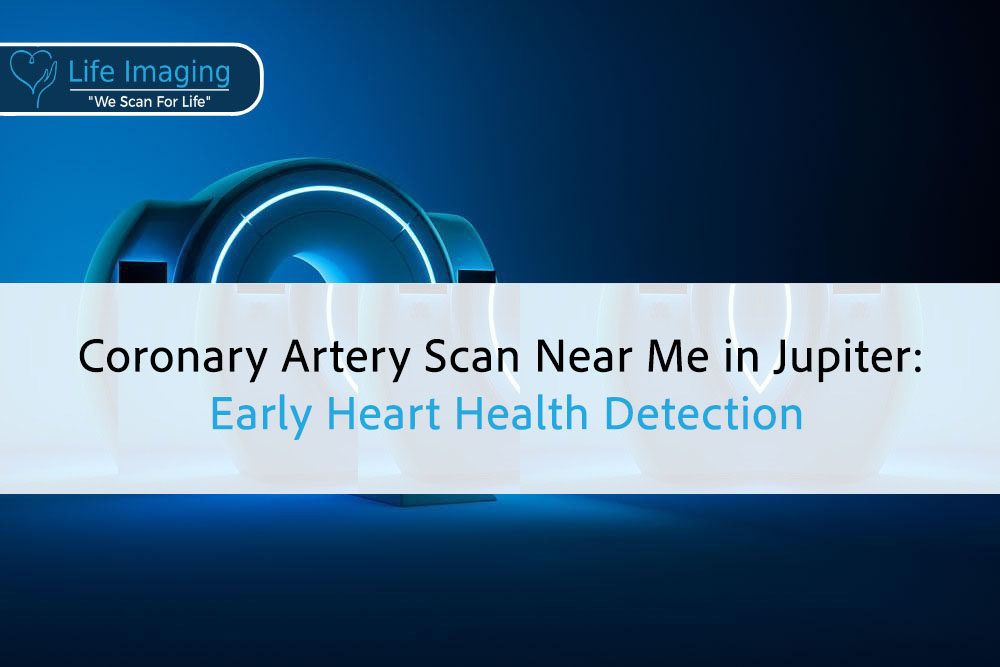
Introduction Your heart works hard every second of the day,
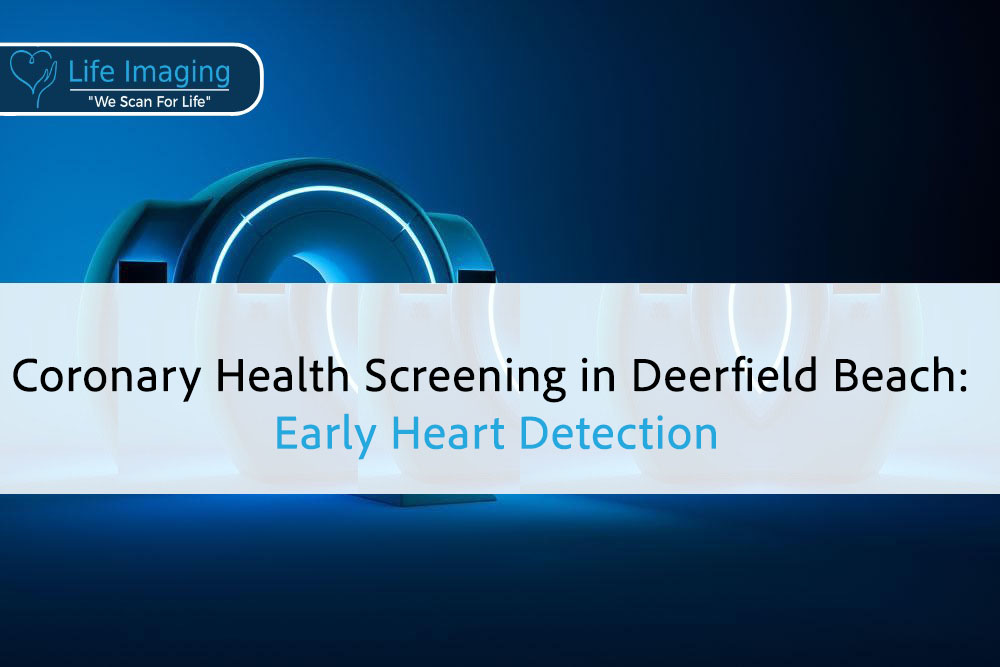
Introduction Your heart works around the clock, but changes inside
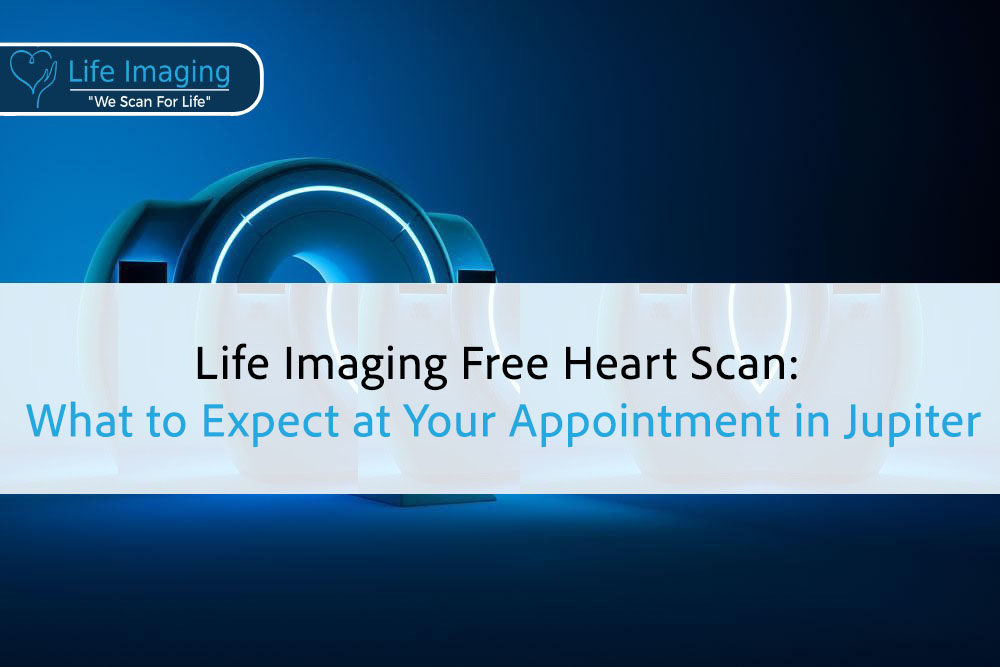
Introduction Your heart works nonstop, often without a single complaint.
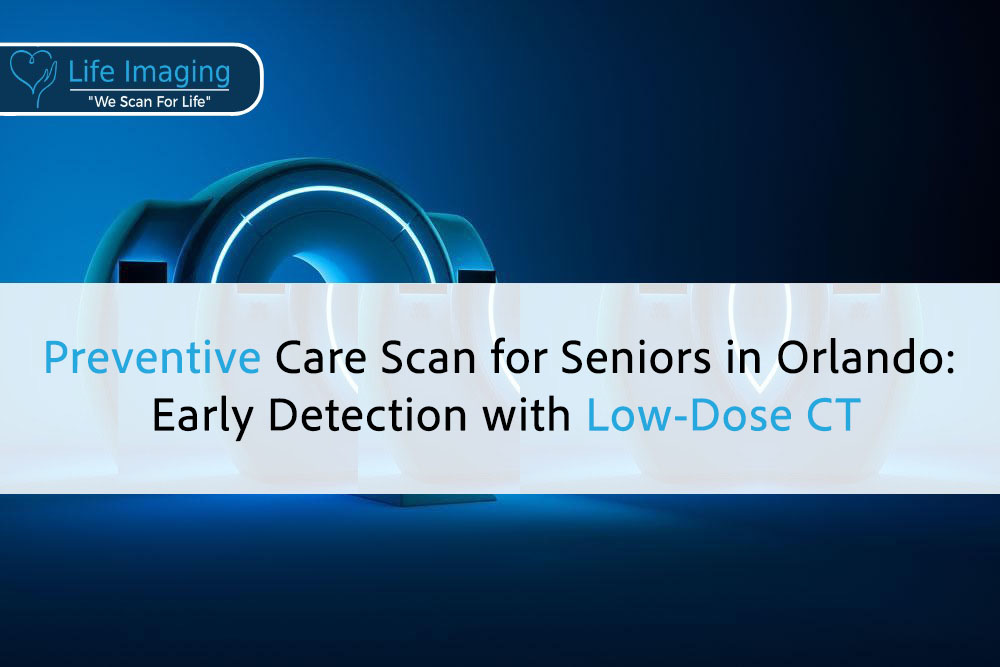
Introduction The best part of getting older is having time
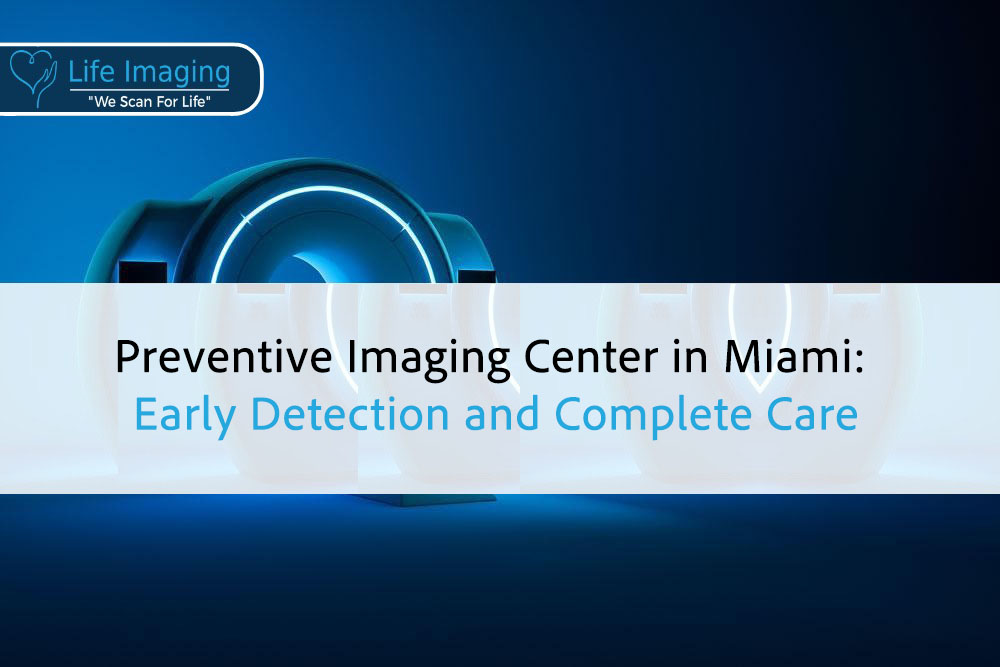
Introduction Good health isn’t just about treating problems, it’s about

* Get your free heart scan by confirming a few minimum requirements.
Our team will verify that you qualify before your scan is booked.
Copyright © 2025 Life Imaging – All Rights Reserved